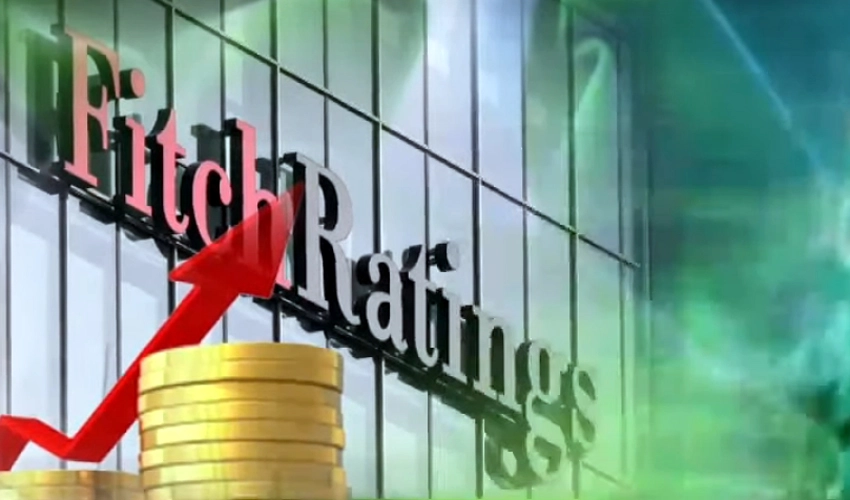Global Rating Agency 'Fitch' upgrades Pakistan’s long-term foreign-currency rating to CCC

ISLAMABAD (92 News) - The Global Rating Agency 'Fitch' on Monday upgraded Pakistan’s long-term foreign-currency rating to CCC from IDR (Issuer Default Rating).
According to the 'Fitch', Pakistan's foreign liquidity and funding have improved after an agreement with the International Monetary Fund. Despite the IMF agreement, Fitch had expressed its concern over Pakistan's economy.
It said that Pakistan will need financing besides the IMF for repayment of loans and economic restoration. The IMF funding will be insufficient if the current account deficit again increased.
KEY RATING DRIVERS
Easing External Financing Risks: The upgrade reflects Pakistan's improved external liquidity and funding conditions following its Staff-Level Agreement (SLA) with the IMF on a nine-month Stand-by Arrangement (SBA) in June.
IMF-Driven Reforms: Pakistan has recently taken measures to address shortfalls in government revenue collection, energy subsidies and policies inconsistent with a market-determined exchange rate, including import financing restrictions. These issues held up the last three reviews of Pakistan's previous IMF programme, before its expiry in June.
Most recently, the government amended its proposed budget for the fiscal year ending June 2024 (FY24) to introduce new revenue measures and cut spending, following additional tax measures and subsidy reforms in February. The authorities appeared to abandon exchange-rate management in January 2023, although guidelines on prioritising imports were only removed in June.
Implementation Risks: Pakistan has an extensive record of going off-track on its commitments to the IMF. Nevertheless, there is still scope for delays and challenges to implementation as well as new policy missteps ahead of the October elections and uncertainty over the post-election commitment to the programme.
New Funding Unlocked: The IMF board approval of the SBA will unlock an immediate disbursement of USD1.2 billion, with the remaining USD1.8 billion scheduled after reviews in November and February 2024. Saudi Arabia and the United Arab Emirates have committed another USD3 billion in deposits, and the authorities expect USD3-5 billion in other new multilateral funding after the IMF agreement.
Overall Funding Targets Ambitious: The authorities expect USD25 billion in gross new external financing in FY24, against USD15 billion in public debt maturities, including USD1 billion in bonds and USD3.6 billion to multilateral creditors. The government funding target includes USD1.5 billion in market issuance and USD4.5 billion in commercial bank borrowing, both of which could prove challenging, although some of the loans not rolled over in FY23 could now return. USD9 billion in maturing deposits from China, Saudi Arabia and the UAE will likely be rolled over, as in FY23.
Narrower External Deficit: Pakistan's current account deficit (CAD) has narrowed sharply, driven by earlier restrictions on imports and FX availability, tighter fiscal and economic policies, measures to limit energy consumption and lower commodity prices. Pakistan posted current account surpluses in March-May 2023, and we forecast a CAD of about USD4 billion (1% of GDP) in FY24, after USD3 billion in FY23 and over USD17 billion in FY22. Our forecast CAD is lower than the USD6 billion in the budget, on the assumption that not all of the planned new funding will materialise, constraining imports.
External Deficit Risks: The CAD could widen more than we expect, given continued reports of import backlogs, the dependence of the manufacturing sector on foreign inputs, and reconstruction needs after last year's floods. Nevertheless, currency depreciation could limit the rise, as the authorities intend for imports to be financed through banks, without recourse to official reserves. Remittance inflows could also recover after partly switching to unofficial channels to benefit from more favourable parallel market exchange rates.







